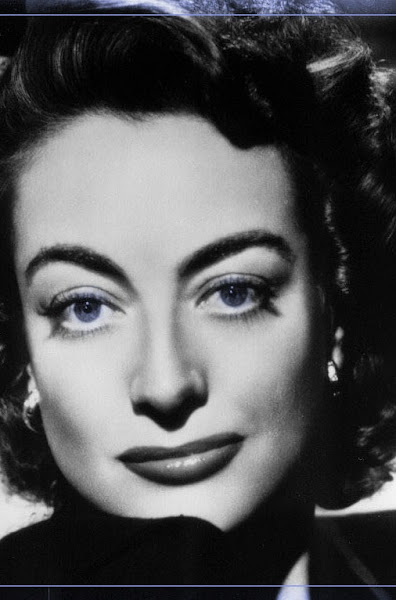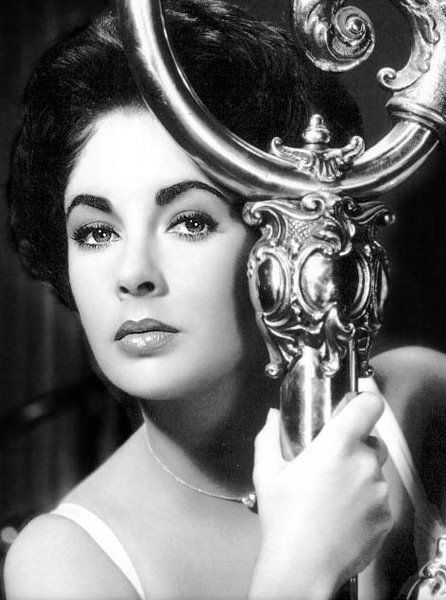 *** out of ****
*** out of ****
Sibling rivalry is never terribly fun, and in “My Brother is an Only Child,” it can get ugly. I love the film for its genuine embodiment of Italian life, and its intense script, featuring political warfare that threatens to tear a family apart in a time of turmoil between fascism versus communism—between brother and brother.
Since the beginning, older, handsomer brother, Manrico (Riccardo Scamarcio), has overshadowed and undermined younger brother, Accio (Elio Germano), who, even from the beginning, wants to do something good for his family by becoming a priest. Unfortunately for him, a photo of a beautiful, voluptuous actress, slipped to him by his older brother, makes him fall from grace and leads to his eventual return to his parents, disgraced and forced to attend a technical school that prevents him from studying Latin. While his parents admire his older brother for his charisma and his sister, Violetta (Alba Rohrwacher), for her artistry, Accio is a sort of black sheep of the family, capturing the disdain of his parents, especially when he tries to run away from their influence and toward the imminent regrowth of fascism. Now rebelling against the communist practices of his family and his outspoken brother, he meets Manrico’s beautiful girlfriend, Francesca (Diane Fleri), and falls for her. When the fascists attempt to destroy Manrico’s car, Accio turns to the communists’ side and supports his family. But as Manrico becomes more deeply involved with communist actions against the state, Accio must decide how to help his brother and Francesca, just as he finds troubles of his own in turning against the fascist members who took him in, all culminating in a series of tumultuous events that leads to quite an exciting ending.
The acting in “My Brother” is top-notch, particularly from Elio Germano, who gives a believable, compassionate performance as Accio. In addition, Angela Finocchiaro is splendid as his unsympathetic mother who somehow arrests viewers between both her hateful and anguished tears. The script is wonderful and transforms just another coming-of-age plot or political thriller into quite a marvelous modern Italian film.
The cinematography is quite good as well, though a bit less noteworthy. My favorite shots involve Accio’s particular symbolic rites-of-passage. When he first commits to fascism, he, along with Mario, raises his arm toward the Italian flag shown from a low angle in the next shot. On the other hand, when he tears up his fascism card later, he is filmed at night with a shot using selective focus, blurring the Italian flag in the background, obstructed by a heavy black gate. This shot indicates the loss of his dedication to old Italian ideals of fascism (under Mussolini, of course), as he returns his loyalties to his family.
“My Brother is an Only Child” is an interesting film that starts with whimsical music and a comic tone but ends on a fairly heavy, dark note as an intense political thriller. In fact, the film tends to balance opposites all the way through, notably the opposing brothers and political beliefs. Though it highlights the differences between the two heated sides of communism and fascism and how they work in 1960’s Italy, the film does ultimately come down to the bonds of brotherhood and how it overcomes even the darkest times.
“My Brother is an Only Child” will open in June at the Belcourt Theater.
May 23, 2008
My Brother is an Only Child (Mio fratello è figlio unico)
May 5, 2008
Mighty Aphrodite
 *** ½ out of ****
*** ½ out of ****
“Mighty Aphrodite” is a 1995 film by Woody Allen. Much like the rest of his oeuvre, the film centers around a neurotic main character who embarks on a series of misadventures in New York, exploring his interactions with various characters played by an all-star cast. On the other hand, there is something completely unique about this film that defies the conventions established by previous Allen masterworks such as “Annie Hall,” “Manhattan,” or “Hannah and Her Sisters.” “Mighty Aphrodite” incorporates elements of an ancient Greek drama, complete with a Chorus, with a tale of Woody and company in modern New York. Despite the notable change from the typical style of Woody Allen, this film still features the elements that make his films special—the arresting, witty script that never misses a beat and the truly special characters derived from the sublime technique and mastery of his creative genius.
In the film, Allen plays Lenny Weinrib, a sportswriter who adopts a child with his wife Amanda (Helena Bonham Carter). When their son, Max (Jimmy McQuaid), by age five has become a brilliant, personable young boy, Lenny’s bewilderment leads him to find his birth mother. He is surprised to discover it is Linda Ash (Mira Sorvino), a beautiful hooker with some small credits in porno flicks, manners lacking couth, and hardly the intelligence Lenny imagined her to have. Lenny then becomes obsessed with freeing her from her unsuitable lifestyle, and the rest of the film follows him in his efforts while a Greek Chorus (led by F. Murray Abraham) comments on his actions.
Comic effect is crucial to “Mighty Aphrodite.” Though Allen’s films amazingly never overlap despite the recurring thematic and stylistic elements, “Mighty Aphrodite” is its own film, right down to the seamless script with quippy, subtle one-liners and effortless dialogue. (Tiresias’ (Jack Warden) response to Allen’s question on his wife’s resistance to Jerry Bender (Peter Weller): “No, she just stuck her tongue into his mouth as far as it would humanly go.”) Essentially, the best thing about the script is that it simply never gets old. A modern comedy featuring a Greek Chorus is obviously quite rare in film, and Allen completely flips around its meaning, changing the ideal dramatic Chorus that narrates on the action to a humorous one that still narrates but provides comic relief (all the way down to Zeus’ answering machine message). Even growing out of the titular Greek theme is the clear difference between the physical structures of Allen and Sorvino, emphasizing her height and power and making her the embodiment of sexual power, or, if you will, the Aphrodite.
Naturally, Allen is a great actor in his film, and of course it is because he tailored the role of Lenny to himself and his personality. I must contend, though, that Helena Bonham Carter is an odd choice for the role of Amanda; though Carter has an “artistic” quality to her style, she is better suited for the oddball roles she has taken in recent years.
The real star of the film, though, is clearly Mira Sorvino as Linda Ash. Although her first minutes onscreen make me question that glossy 1995 Academy Award for Best Supporting Actress, particularly because I think her first lines are a bit weak and her whiny voice is an easy voice altering, I quickly change my mind when I see the complete dynamic range of acting she explores in later scenes and how effectively she acts. Her character is written brilliantly, and it is because of Allen’s splendid screenplay. In fact, I would contend that the multiple acting nominations that result from Allen’s films in general are because of the detail he pours into each script for each principal character.
Though it is not one of the most-celebrated of Woody Allen’s films, “Mighty Aphrodite” is underappreciated and still worth recognizing. The script, in itself, arises from the calculated collaboration of ancient Greece and modern New York while never slowing down in its hail of humorous quips and conversations. With this film, if Allen had not proved it already, he at least offers another example of his genius in screenwriting and blending his tireless but worn themes into something fresh and always funny. And if you have no other reason to see this film, at least see it for Mira Sorvino’s worthwhile, funny performance.

.jpg)

.jpg)
.jpg)
